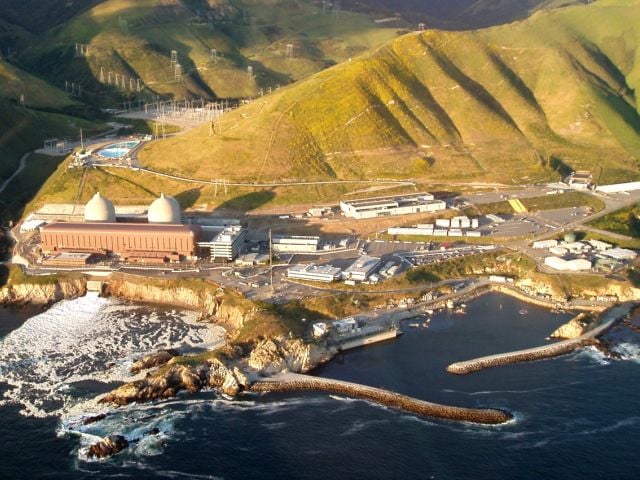DURHAM, NC – A state appeals court panel today rejected claims that regulators violated state law when allowing Duke Energy to downgrade the economic benefits for owners of rooftop solar. The ruling is a step forward for Duke Energy’s 12-year battle against its sole competition: solar power owned by residential, commercial and nonprofit customers.
The court said that the clean energy groups challenging the regulators’ decision were correct in insisting that the North Carolina Utilities Commission, or NCUC, was required to conduct a cost-benefit analysis of solar net metering. The ruling said the NCUC’s claim that it didn’t have to do so was “plainly absurd and in direct conflict” (p. 20) with state law.
But the court said that by simply opening a docket on Duke’s proposed rule change and receiving formal comments from other parties, while denying multiple requests for an evidentiary hearing, the NCUC had in fact conducted a sufficient cost analysis.
Opponents dispute Duke’s key argument for the October 2023 rules change, in which the NCUC said that non-solar customers are harmed when solar owners are compensated for power they feed onto the grid in a process called net metering. The challenge was led by NC WARN and the Environmental Working Group.
But the appeals court judges – Hunter Murphy, John Arrowood, and Tobias Hampson – backed the rule, which has already thrown the state solar industry into disorder.
The clean energy appellants are considering an appeal to the state Supreme Court because the law requiring an independent cost-benefit analysis is so clear-cut, as even the legislation’s lead author has insisted.
“The appeals court seemed to go out of its way to give Duke the win,” said Jim Warren, executive director of NC WARN. “Even the rubber stamp regulators admitted they didn’t do a cost-benefit analysis, but that Duke’s internal numbers were OK. Bizarrely, the court ruled that the regulators’ limited proceeding did count as the analysis.”
“The court made a significant blunder by ignoring state law that clearly requires regulators conduct an independent cost-benefit analysis, instead of relying solely on Duke’s own calculations,” said Caroline Leary, EWG’s general counsel and COO. “This setback not only impedes the progress of North Carolina’s expanding solar industry but also deepens the challenges facing the state as it battles the real-time implications of the climate crisis.”
Warren added, “This ruling directly harms our once-growing solar power industry and the communities constantly battered by climate change driven by polluters like Duke Energy. We need the judicial system to uphold the law while other state officials – particularly the rubber-stamping regulators – constantly bend the rules and fair process in deference to this giant corporate polluter,” he said.
Background
During the legal proceedings in February, attorneys for the clean energy coalition hammered Duke Energy and the NCUC for bypassing mandatory independent cost-benefit analysis, required by state law, before reducing incentives for rooftop solar. They argued that rooftop solar offers a swift, cost-effective, and equitable means to transition away from fossil fuels.
Additionally, they emphasized compelling evidence, including an analysis from state Attorney General Josh Stein showing how net metering benefits all customers by reducing the need for new gas-fired plants, which contributes to rising rates and climate change.
Duke vigorously blocked the independent cost-benefit analysis that would show the truth. The NCUC sided with Duke’s internal calculations without even conducting its own cost-benefit analysis required under state law, or a public hearing as called for by multiple parties including the attorney general.
The coalition challenging the NCUC order includes EWG, NC WARN, Sunrise Durham, 350 Triangle, 350 Charlotte, N.C. Climate Solutions Coalition, N.C. Alliance to Protect Our People and the Places We Live, along with retired chemical engineer Donald Oulman.
Following a February court hearing, a senior official from a leading solar company cited a widespread drop in residential and commercial solar sales since the Duke-NCUC net metering rules change took effect in October. More data on statewide sales will become available soon.



